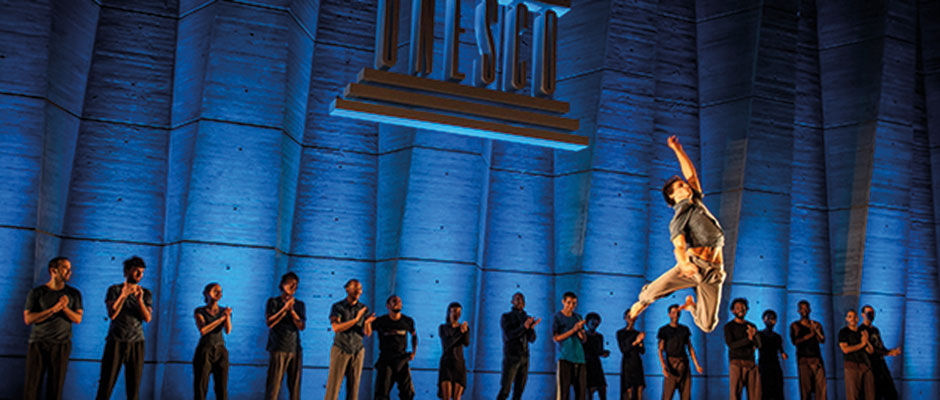The International Theatre Institute ITI
ITI was created on the initiative of the first UNESCO Director General, Sir Julian Huxley, and the playwright and novelist JB Priestly, in 1948, just after the Second World War, and at the beginning of the Cold War, when the Iron Curtain divided the East and the West.
The aim of the founders of ITI was to build an organization that was aligned with UNESCO’s goals on culture, education and the arts, and which would focus its endeavours on improving the status of all members of the performing arts professions.
They envisaged an organization that created platforms for international exchange and for engagement in the education of the performing arts, for beginners and professionals alike, as well as using the performing arts for mutual understanding and peace.
ITI has now developed into the world’s largest organization for the performing arts, with more than 90 Centres spread across every continent.
The ITI's goals are:
- To promote international exchange of knowledge and practice in the domain of the performing arts
- To stimulate creation and increase cooperation among theatre people
- To increase public awareness of the need to take artistic creation into consideration in the domain of Development
- To deepen mutual understanding and contribute to the consolidation of peace and friendship between peoples
- To join in the defence of the ideals and aims of UNESCO
- To combat all forms of racism or social and political discrimination

